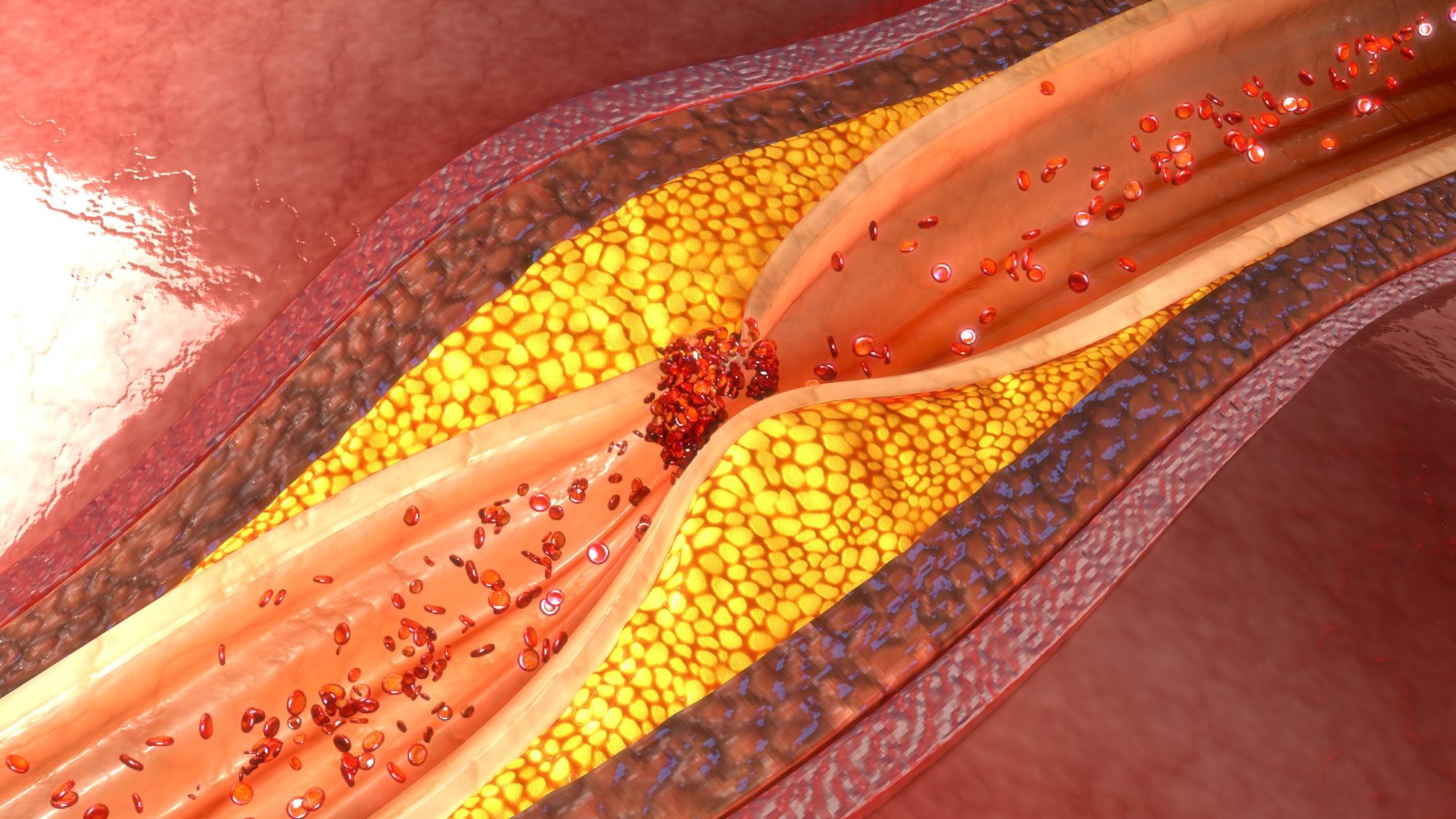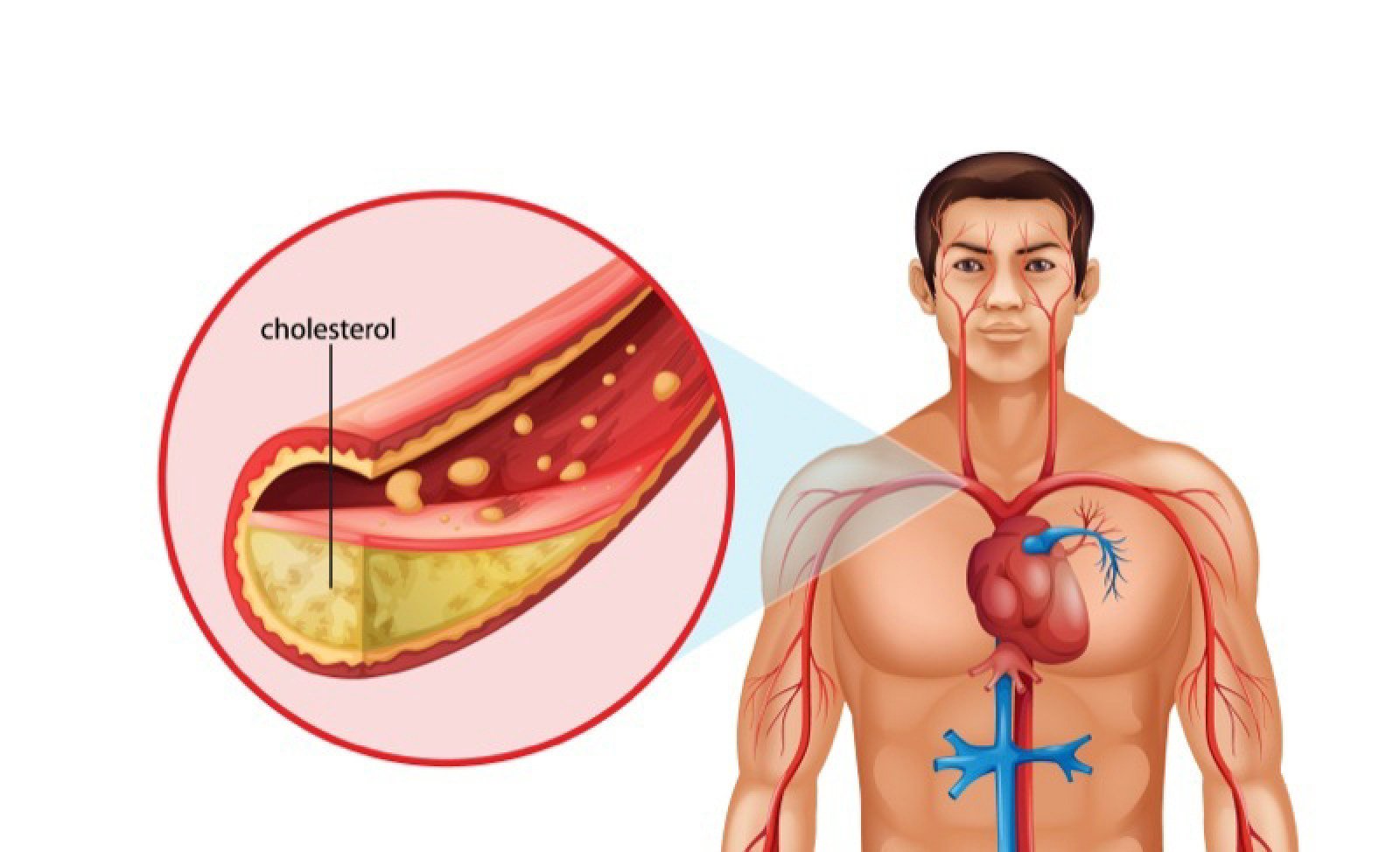
How taking statins may safeguard against dementia as well as lowering cholesterol to protect heart health – doctors explain
- Recent research suggests a drug more than 200 million people worldwide take for their heart health might prevent dementia, or delay its progress
- A doctor reminds us drugs aren’t the only solution to health problems, whether they are heart or brain related; a healthy diet and regular exercise reduce risks
This is the 30th instalment in a series on dementia, including the research into its causes and treatment, advice for carers, and stories of hope.
Many readers or their loved ones will have a prescription for statins: more than 200 million people around the world take these drugs for their heart health. Now recent research suggests they may be another arrow in the arsenal against dementia, too.
The story of statins starts with German pathologist Rudolf Virchow. In the mid-19th century, he discovered people who had died of heart attack had blocked arteries because of cholesterol deposits.
In 1913, Russian pathologist Nikolai Anitschkow demonstrated cholesterol’s role in the development of atherosclerosis, in which the arteries narrow, making it difficult for blood to flow.

He showed that rabbits who were fed cholesterol developed fatty streaks and arterial lesions and plaques, similar to the atherosclerosis seen in humans. At the time, doctors were sceptical of Anitschkow’s findings. Today, almost everyone knows cholesterol build-up in the arteries is bad for your heart.
In the 1950s, the lipid hypothesis emerged. Researchers identified the difference between low-density lipoprotein (LDL) cholesterol, and high-density lipoprotein (HDL) cholesterol – the bad and the good.
Asia worst for cholesterol – dad gives up meat to lower his
Enter Akira Endo, who was born on a farm in Japan and learned about local mushrooms and fungi from his grandfather. As a child, Endo had been fascinated by Alexander Fleming’s discovery of penicillin.
In the mid-1970s, as a young biochemist, Endo made a discovery that would change the face of cardiovascular medicine. Screening hundreds of fungal species made into broths, he identified Penicillium citrinum, a powerful inhibitor of the enzyme the body uses to make cholesterol.
And so the first statin – compactin – came to be.
Since its introduction, and that of the many other statins developed since, there has been a 50 per cent decrease in deaths from heart attacks and strokes.

Hong Kong family doctor Dr Wong Sze-man says statins are now the main lipid (fat) lowering drugs used to reduce cholesterol. They work by inhibiting an enzyme that controls the synthesis of cholesterol in the liver.
LDL cholesterol, that “bad cholesterol”, “is a tormentor of the heart”, Wong says. In excess in the blood, it infiltrates the walls of the arteries and forms fatty plaques. Over time, these interrupt blood flow and can induce heart attack or stroke.
Statins help to stop this problem. But, like many medications, “statins do more than their main mechanism of action”, says neurologist Professor Sara Garcia Ptacek at the Karolinska University Hospital in Sweden.
They can be anti-inflammatory and neuroprotective. Cholesterol can cross into the brain and participate in different processes there, she says, “so, of course, altering the cholesterol in the body also affects brain cholesterol”.
Some statins are more likely to penetrate and act directly in the brain than others, she says, including “one of the most frequently prescribed and oldest statins, simvastatin”.

In some studies, people with Alzheimer’s disease treated with statins saw slower progression in their cognitive decline. Other studies, mostly in mice, suggested statins could have detrimental effects on memory and cognition.
A 2018 analysis concluded that Alzheimer’s risk is lowered with statin use, and suggested earlier disagreements were because of differing approaches that researchers took in gathering and understanding their results.
Current research supports the hypothesis that statins are potentially responsible for both reversible short-term cognitive impairment and a decreased risk of dementia.
Today dementia affects 50 million people in the world, a number predicted to exceed 130 million by 2050.
“Developing Alzheimer’s disease or a related condition has become one of our greatest health anxieties,” says Wong. “A pill that would treat both heart disease and dementia would kill two birds with one stone and would certainly generate great excitement.”

Could statins really help prevent dementia?
The most common form of dementia is Alzheimer’s disease, in which there is an accumulation of beta-amyloid plaques and tau tangles, which damages neurons and leads to cognitive decline, Wong says.
The disease is caused by a combination of genetic and environmental risk factors. High cholesterol is one of them. So, she says, “preventing cardiovascular and cerebrovascular disease might help in reducing the risk of dementia”.
This is because using statins might lower the risk of dangerous vascular changes in the brain that might lead to stroke, a significant risk factor for dementia.
World Stroke Day 2021: new treatments show promise, young victim recovers
As Wong observes, most statin users are older adults, who are also at high risk of cognitive decline. In the past, it was suggested statins might actually interfere with cognition.
Drugs versus lifestyle changes
Not everyone with a heart condition needs to take statins.
Guidelines from the American College of Cardiology and American Heart Association suggest four main groups of people whom they may help:
-
People who don’t have heart or blood vessel disease, but have cardiovascular disease risk factors, including high cholesterol or high blood pressure, or people who smoke.
-
People with cardiovascular disease related to hardening of the arteries, including people who have had heart attacks, strokes caused by blocked blood vessels, ministrokes (transient ischemic attacks), peripheral artery disease, or prior coronary artery surgery.
-
People with very high LDL (“bad”) cholesterol.
-
People with diabetes.
Diabetes and its health risks, from kidney and heart failure to amputations
These habits will help minimise your risk of dementia, too: safeguarding heart health helps to protect your brain’s health, too.
Says Wong: “Statins are not the magic bullet for preventing dementia, but it is certain that maintaining a healthy diet with regular exercise will have cognitive benefits.”











